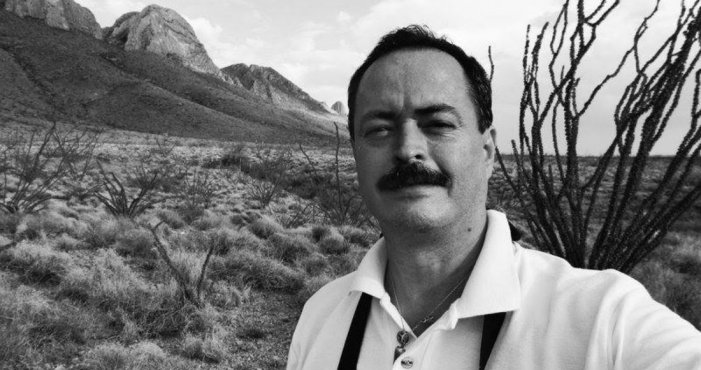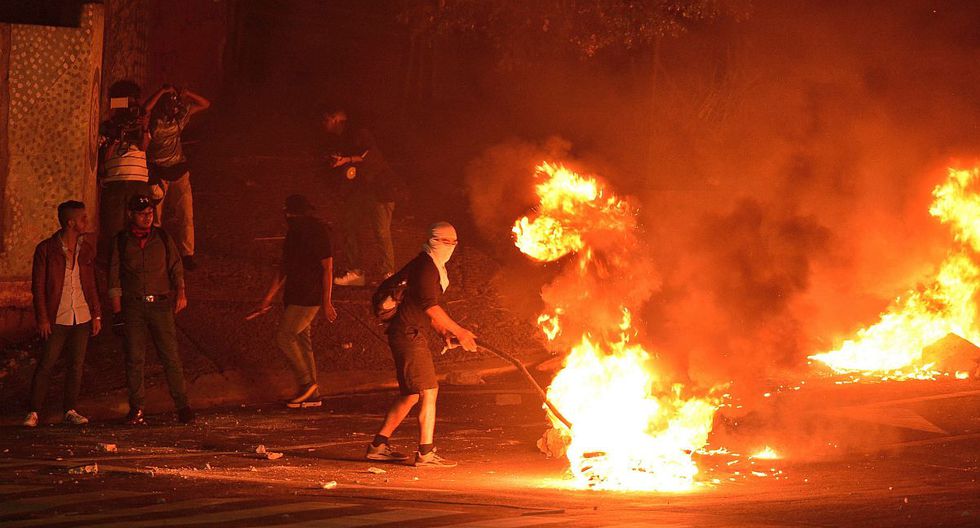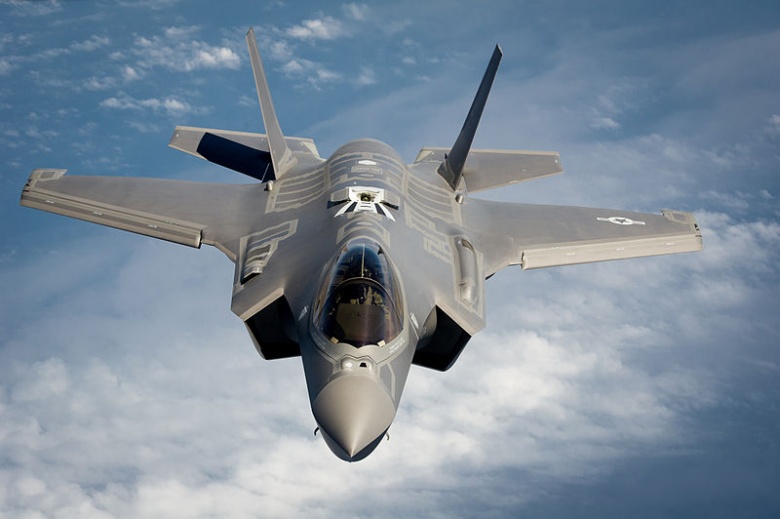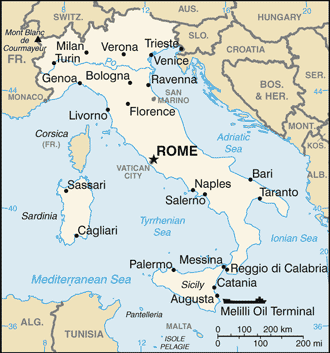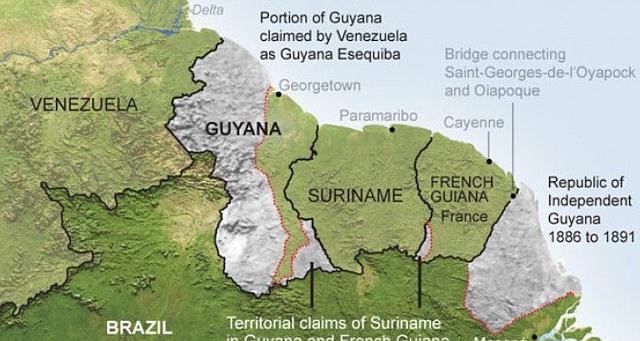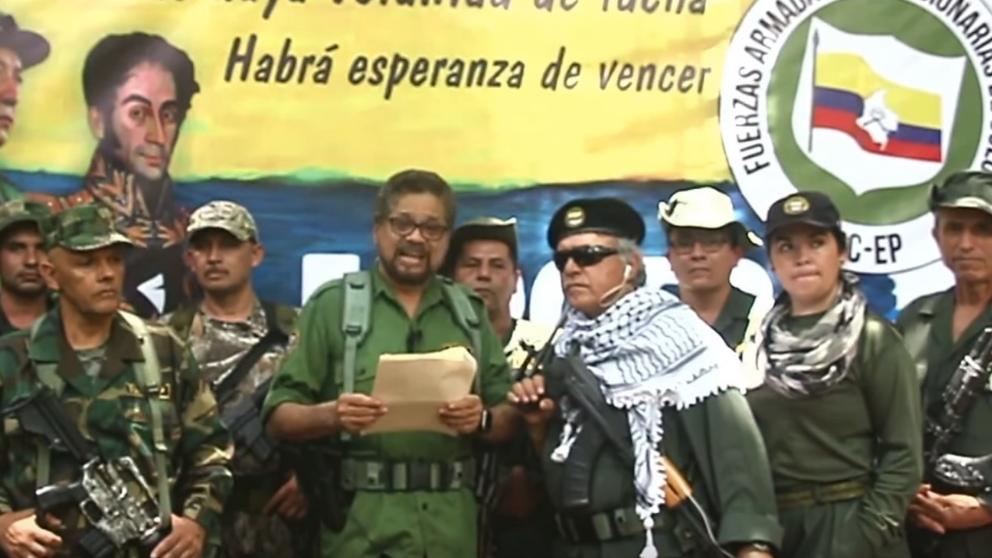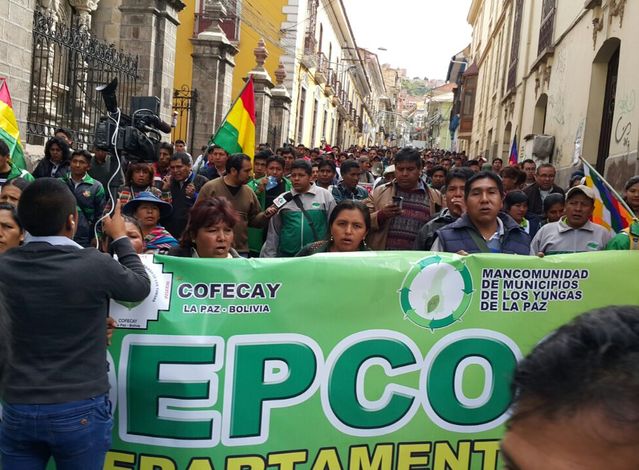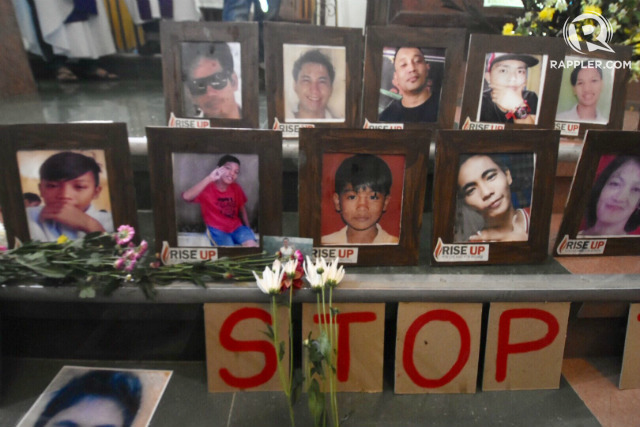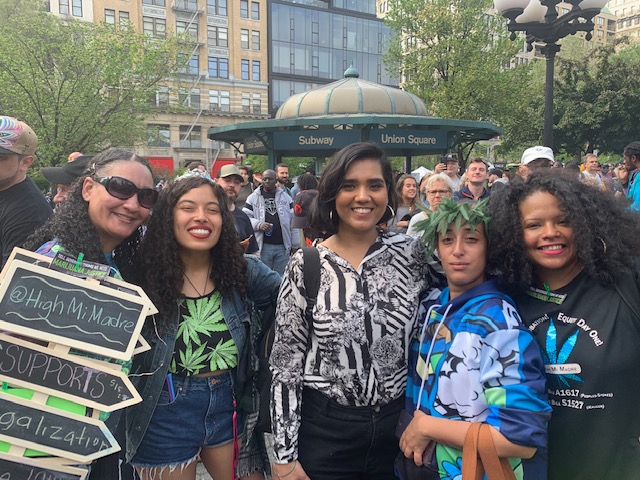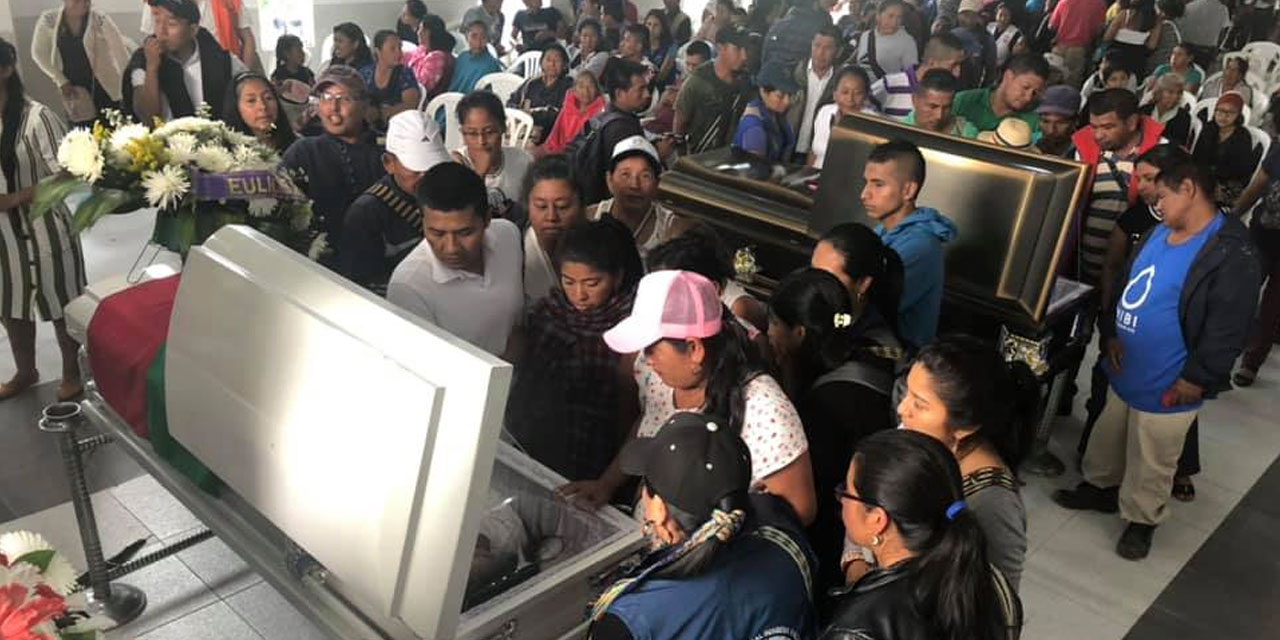
‘Genocide’ charges follow Colombia massacre
Indigenous leaders in Colombia are raising accusations of “genocide” following the latest massacre, in which five members of the Nasa people were killed in southwestern Cauca department. Cristina Bautista, a Nasa traditional authority, or neehwesx, was killed along with four members of the Indigenous Guard, an unarmed community self-defense patrol, when they tried to stop a car of gunmen at a checkpoint. Indigenous peoples have been particularly targeted in the ongoing wave of deadly attacks on social leaders across Colombia. The National Indigenous Organization of Colombia (ONIC) names President Ivan Duque as complicit, for his refusal to talk to indigenous authorities, and his opposition to implementation of the peace deal with the FARC rebels. (Photo: Colombia Reports)



